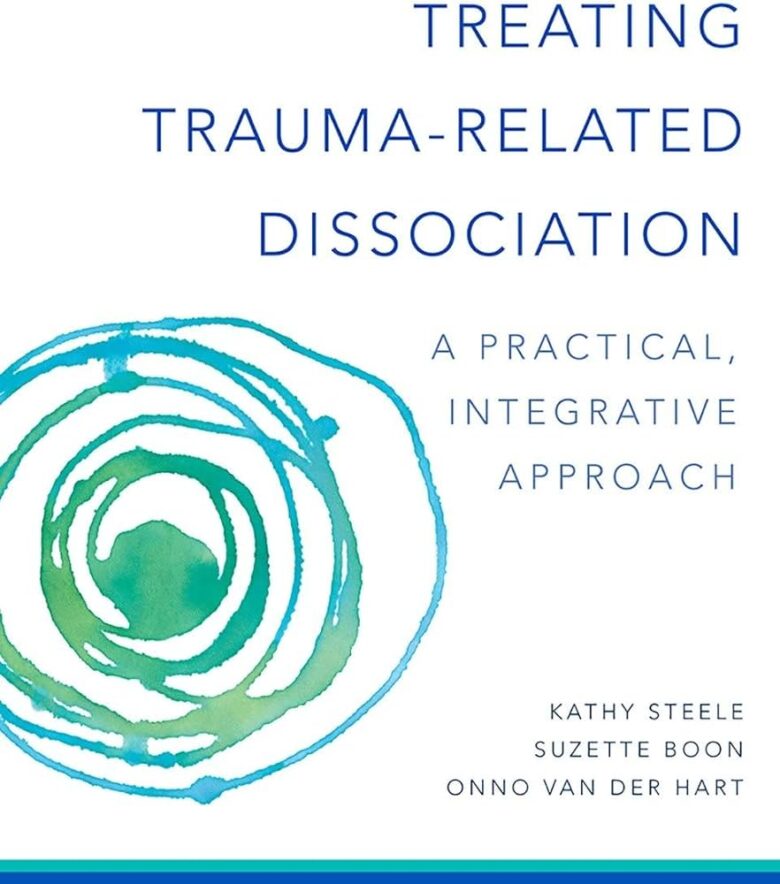Treating Trauma-Related Dissociation A practical, Integrative Approach
The book offers an overview of the neuropsychology of dissociation as a disorder of non-realization, as well as chapters on assessment, prognosis, case formulation, treatment planning, and treatment phases and goals, based on best practices. The authors describe what to focus on first in a complex therapy, and how to do it; how to help patients establish both internal and external safety without rescuing; how to work systematically with dissociative parts of a patient in ways that facilitate integration rather than further dissociation; how to set and maintain helpful boundaries; specific ways to stay focused on process instead of content; how to deal compassionately and effectively with disorganized attachment and dependency on the therapist; how to help patients integrate traumatic memories; what to do when the patient is enraged, chronically ashamed, avoidant, or unable to trust the therapist; and how to compassionately understand and work with resistances as a co-creation of both patient and therapist.Relational ways of being with the patient are the backbone of treatment, and are themselves essential therapeutic interventions. As such, the book also focused not only on highly practical and theoretically sound interventions, not only on what to do and say, but places strong emphasis on how to be with patients, describing innovative, compassionately collaborative approaches based on the latest research on attachment and evolutionary psychology.



